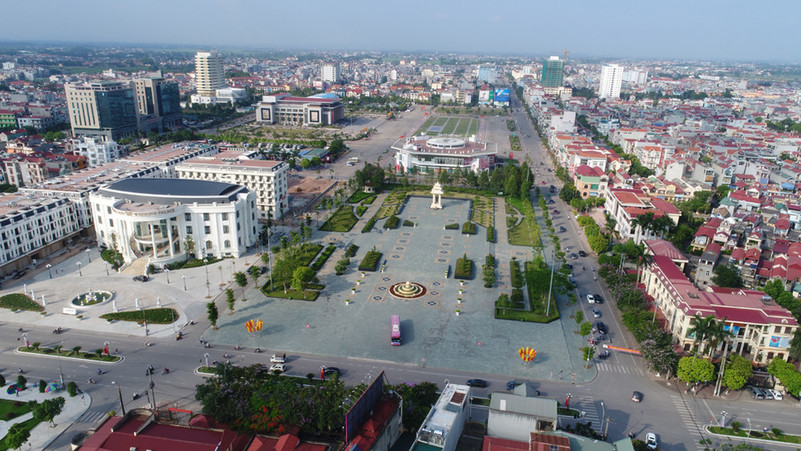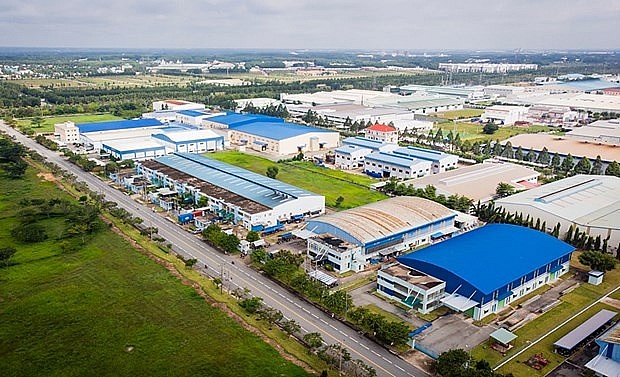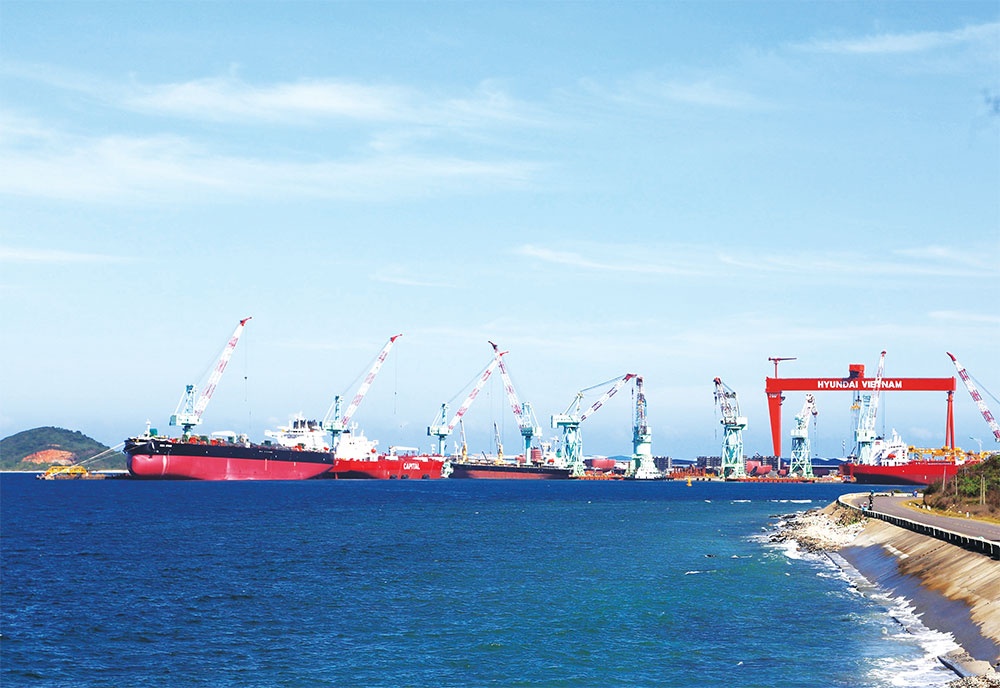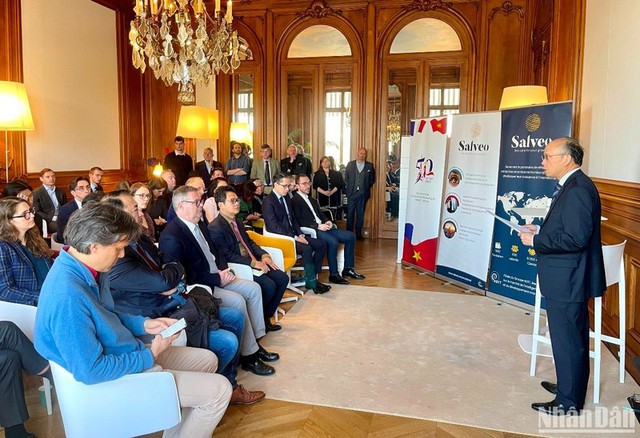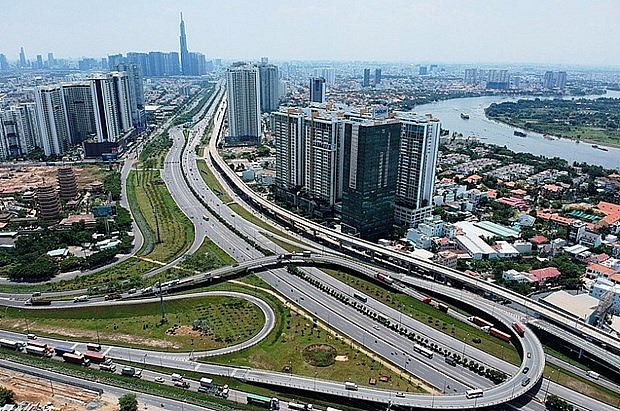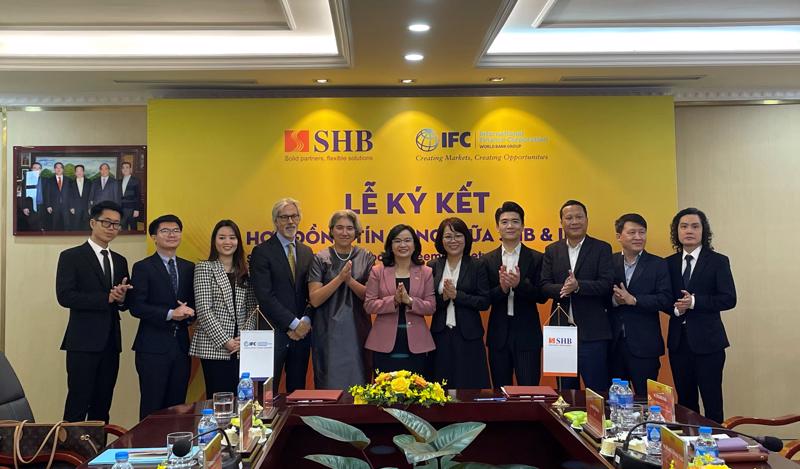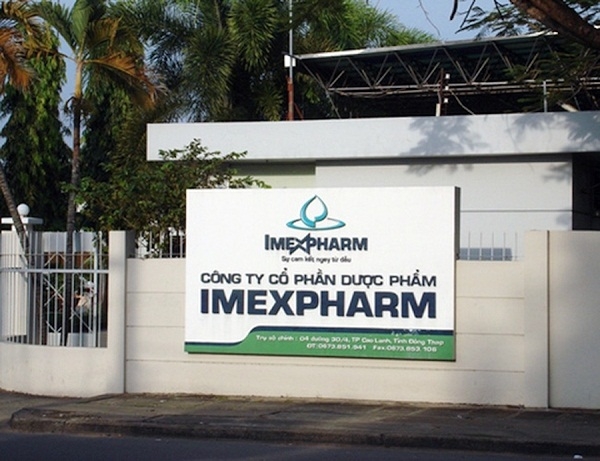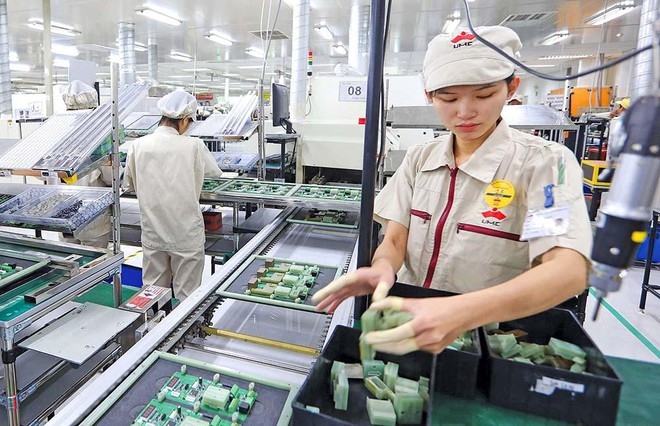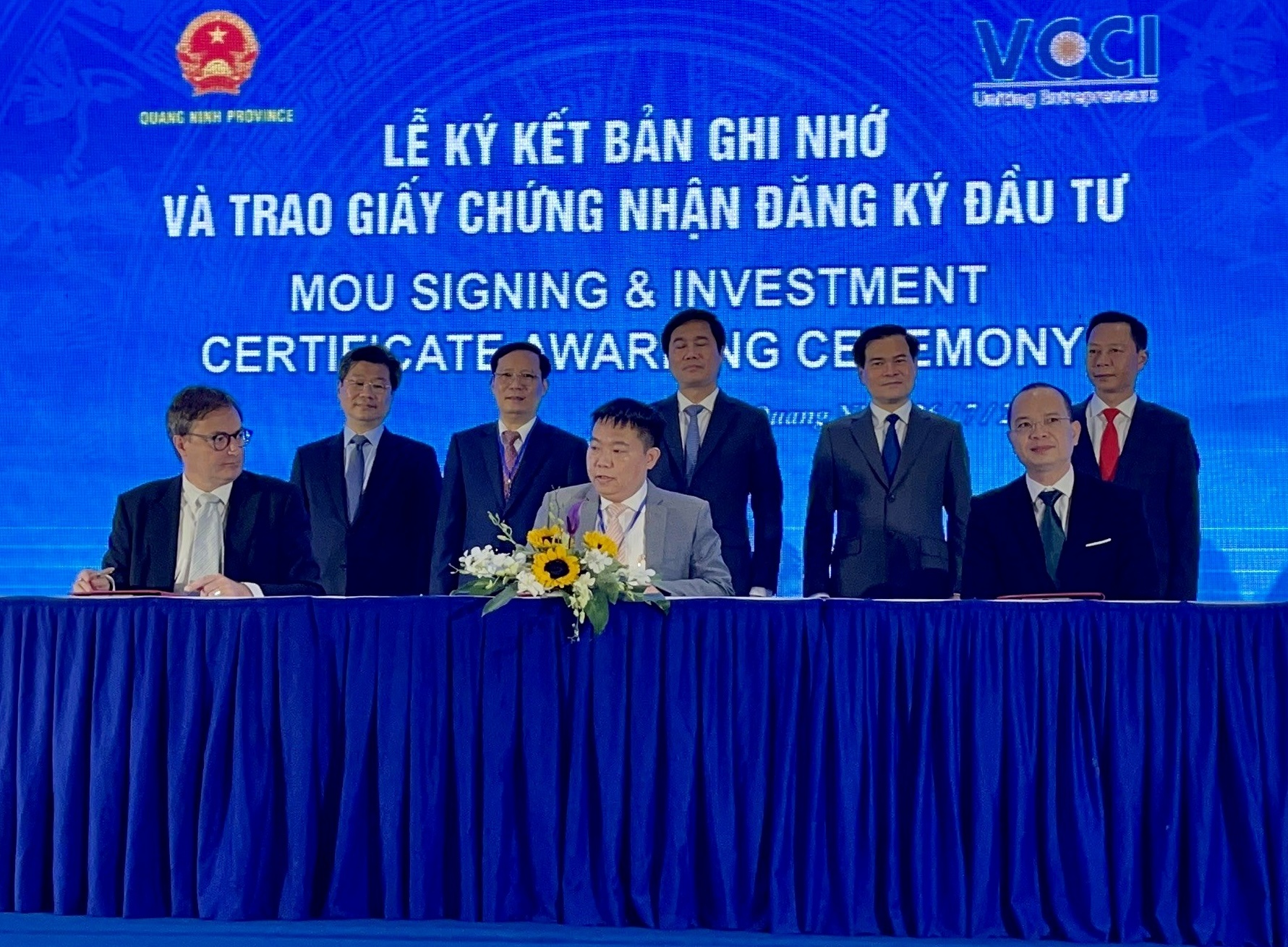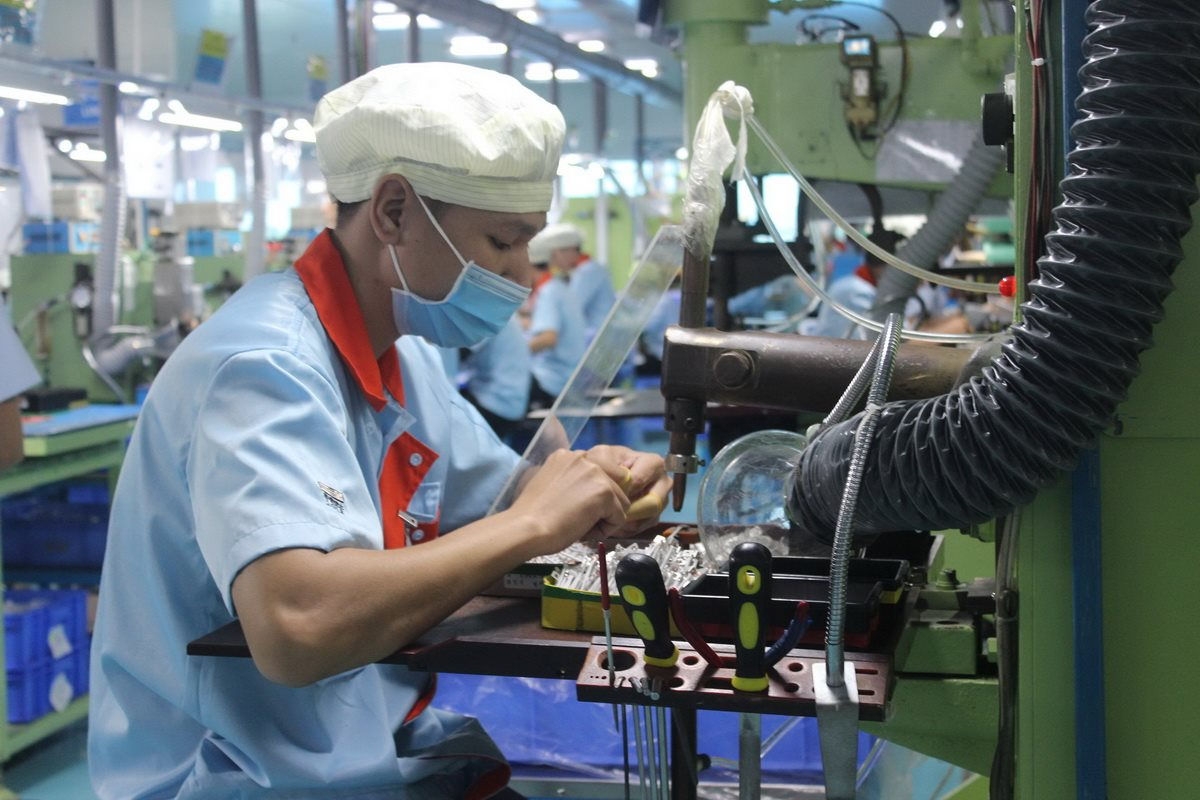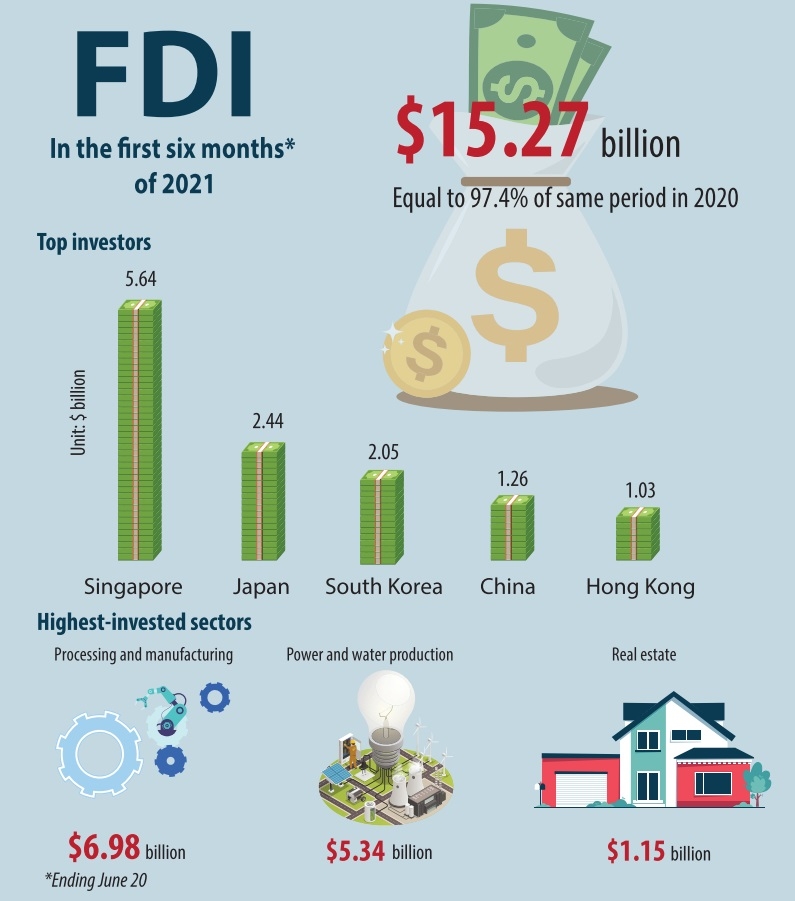Benefits of modest FDI weighed up
Attracting smaller foreign projects may be the path to take for Vietnam as a worldwide minimum corporate tax rate kicks in, affecting the plans of major corporations.
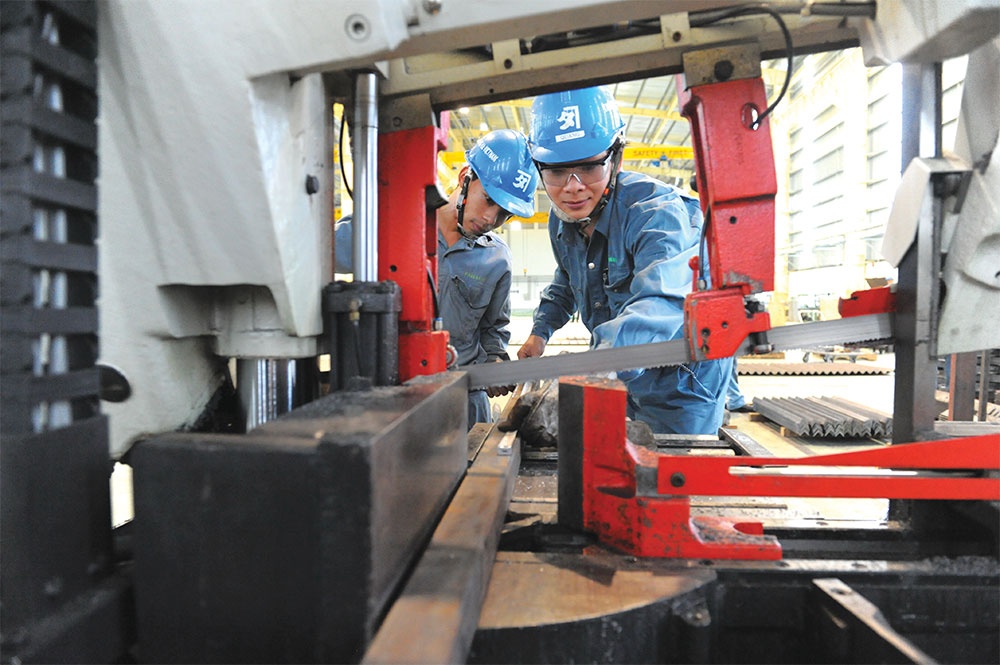
According to the latest report by the Foreign Investment Agency (FIA) under the Ministry of Planning and Investment, in the first quarter of 2023, the total newly registered capital, adjusted capital, and capital contributions and share purchases of foreign investors stood at about $5.45 billion, equivalent to 61.2 per cent on-year.
Among them, the newly registered capital reached more than $3 billion while the additional capital hit $1.2 billion, down 5.9 and 70.3 per cent, respectively. Meanwhile, investment capital through capital contributions and share purchases touched $1.25 billion, down 25.5 per cent over the same period last year.
The reason is that the first three months last year had a surge with Danish-backed Lego’s $1.32 billion project. However, there were no large-scale projects receiving investment certificate in the first quarter of this year.
The report noted that the newly registered capital did not maintain its vigorous growth as in the first two months of the year, however, the number of new projects continued to increase on-year and slump compared to the first two months of 2023. There were 522 new foreign-invested projects were granted licences, up 62.1 per cent on-year.
“The reason is that small- and medium-sized enterprises (SMEs) continued to pay attention to and had confidence in the investment climate of Vietnam to expand operation. Meanwhile, the number of projects under $1 million accounted for nearly 70 per cent of the total number of foreign-invested projects registered in Vietnam in the first three months of this year, but its value has only made up 2.2 per cent of the total,” said Do Nhat Hoang, the FIA’s director general.
There are plenty of enterprises of varying sizes that want to do more in Vietnam. Nakajima Takeo, chief representative of the Japan External Trade Organization in Hanoi, said Japanese SMEs intend to increase their investments in Vietnam. Although their capital totals are not large, these SMEs still possess many advanced technologies and hold a large market share.
“Therefore, Vietnam should pay attention to this trend and offer adequate preferential policies to attract these enterprises, which in turn will improve the domestic industry,” Takeo said.
The reason for the opportunity of smaller businesses to take advantage is that large corporations are considering their business strategies more carefully, due to the impact of the upcoming global minimum tax (GMT) policy. Although many large corporations made commitments to investing in Vietnam in 2022, this trend slowed down towards the end of the year.
As governments around the world adjust to the upcoming tax process, many large-scale projects adjusted and increased investment capital last year in Vietnam, including Samsung initiatives in Thai Nguyen province and Ho Chi Minh City, as well as Goertek projects in Nghe An and Bac Ninh provinces.
Both newly registered and additional investment capital dropped in the first quarter of this year due to the lack of large-scale projects. The same pattern is seen in investment capital through capital contributions and share purchases. The merger and acquisition market, however, is expected to warm up after Sumitomo Mitsui Banking Corporation scooped up 15 per cent of VPBank shares, with a total value of up to $1.5 billion.
The adoption of the GMT in some countries starting in 2024 is causing a general slowdown in foreign investment flow, with some investors no longer rushing to make key decisions. They take a wait-and-see approach as governments come up with new policy responses to take the GMT into account.
Speaking at the recent Vietnam Business Forum, representatives of foreign business associations expressed their concern about the new tax regime. If Vietnam does not take measures, GMT will affect the country’s foreign direct investment attraction. In particular, the country will find it hard to lure large-scale projects, as the GMT only affects investors with a consolidated turnover of €750 million ($821.5 million) or more.
“There may be hundreds of businesses hit by the GMT. The Vietnamese government needs to mitigate the impact of the tax by changing its investment incentives. This can be in the form of cash subsidies or other additional forms to maintain competitiveness in attracting capital,” said Hong Sun, chairman of the the Korea Chamber of Business in Vietnam.
Meanwhile, a representative of Foxconn said that Foxconn is looking to expand investment in Vietnam. However, the group hopes that Vietnam will implement the “no retroactive” policy. “If the new policy is more unfavourable than the old one, investors would still be able to enjoy the original investment incentives. This is particularly helpful when many countries begin to implement GMT,” he said.

